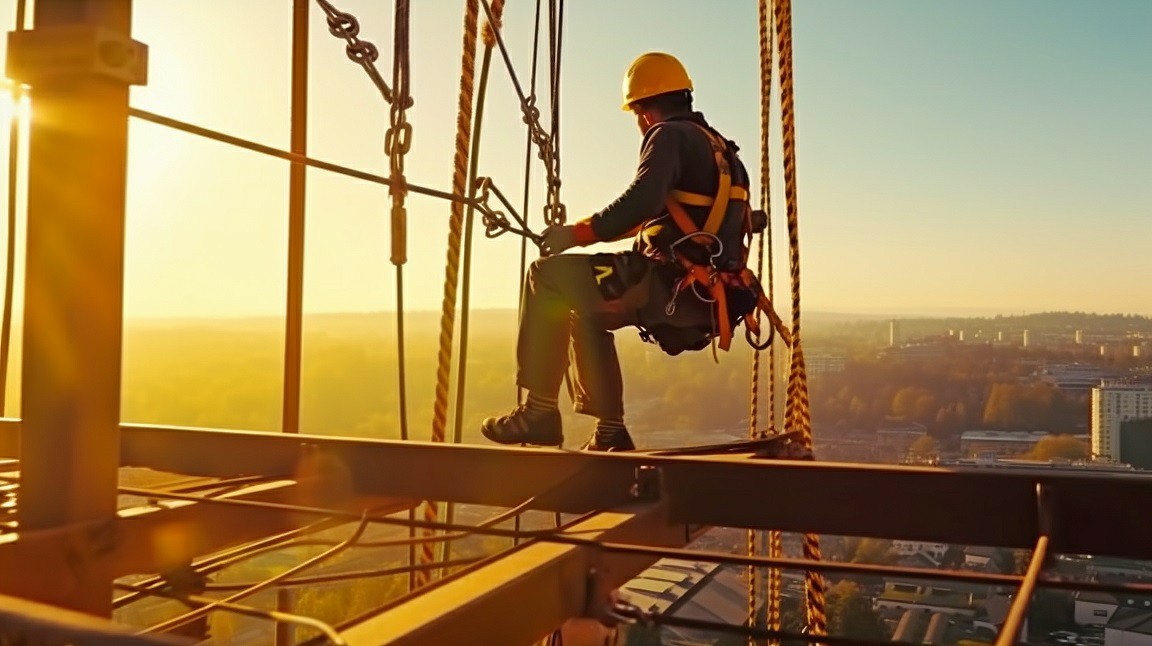


 349,500 Offered Certificates
349,500 Offered Certificates
 24/7 Online Training
24/7 Online Training
 Money Back Guarantee
Money Back Guarantee
 Fully Accredited Courses
Fully Accredited Courses

Created at: 22-02-2025 16:45
Working at heights is an essential aspect of many industries in Ireland, but it comes with significant safety risks. Businesses are mandated to comply with Working at Heights regulations to ensure the safety of their employees. Non-compliance not only endangers workers but can lead to costly legal penalties, financial losses, and irreparable harm to a company’s reputation. In this article, we will delve into the serious repercussions of ignoring safety regulations associated with working at heights.
In Ireland, the legal framework governing workplace safety is stringent. Employers have a duty of care to provide a safe working environment, especially when employees are at risk of falling from heights. The primary legislation includes the Safety, Health and Welfare at Work Act, which outlines the responsibilities of employers and the penalties for breaches.
For instance, a construction firm in Dublin was fined €200,000 after a worker fell from a height due to inadequate safety measures. This example underscores the severity of legal repercussions for failing to comply with safety regulations.
The financial implications of failing to adhere to Working at Heights regulations extend well beyond immediate fines. Businesses can incur substantial costs from penalties, lawsuits, and insurance claims. Below are some critical financial risks associated with non-compliance:
For example, a construction company in Cork was liable for damages exceeding €500,000 when a subcontractor fell from scaffolding that lacked proper safety measures. This case highlights the financial dangers associated with non-compliance that can cripple even established businesses.
In today's digital age, a company's reputation can be tarnished quickly. Non-compliance with Working at Heights regulations can lead to negative publicity and loss of trust among clients and stakeholders.
Consider a Galway-based firm that ignored safety compliance notices; after a catastrophic accident, they faced extensive media coverage and public backlash, leading to a significant drop in their client base. This downward spiral emphasizes how dangerous neglecting safety can be for a company’s market standing.
To mitigate the risks associated with Working at Heights, businesses must prioritize employee training and certification. A certified Working at Heights Training program is crucial in providing employees with the knowledge and skills necessary to work safely.
Investing in Working at Heights Certification Ireland ensures ongoing compliance and the safety of employees, creating a win-win situation for both workers and employers.
Ignoring Working at Heights regulations can lead to severe legal, financial, and reputational consequences for businesses in Ireland. Companies should take proactive steps to ensure compliance by investing in proper training and safety measures for their employees. Not only does this protect workers, but it also safeguards the business from potential risks.
Now is the time for businesses to act. Ensure your team is trained with a Working at Heights Safety Course and fortify your commitment to workplace safety. For more information, feel free to reach out at [email protected].